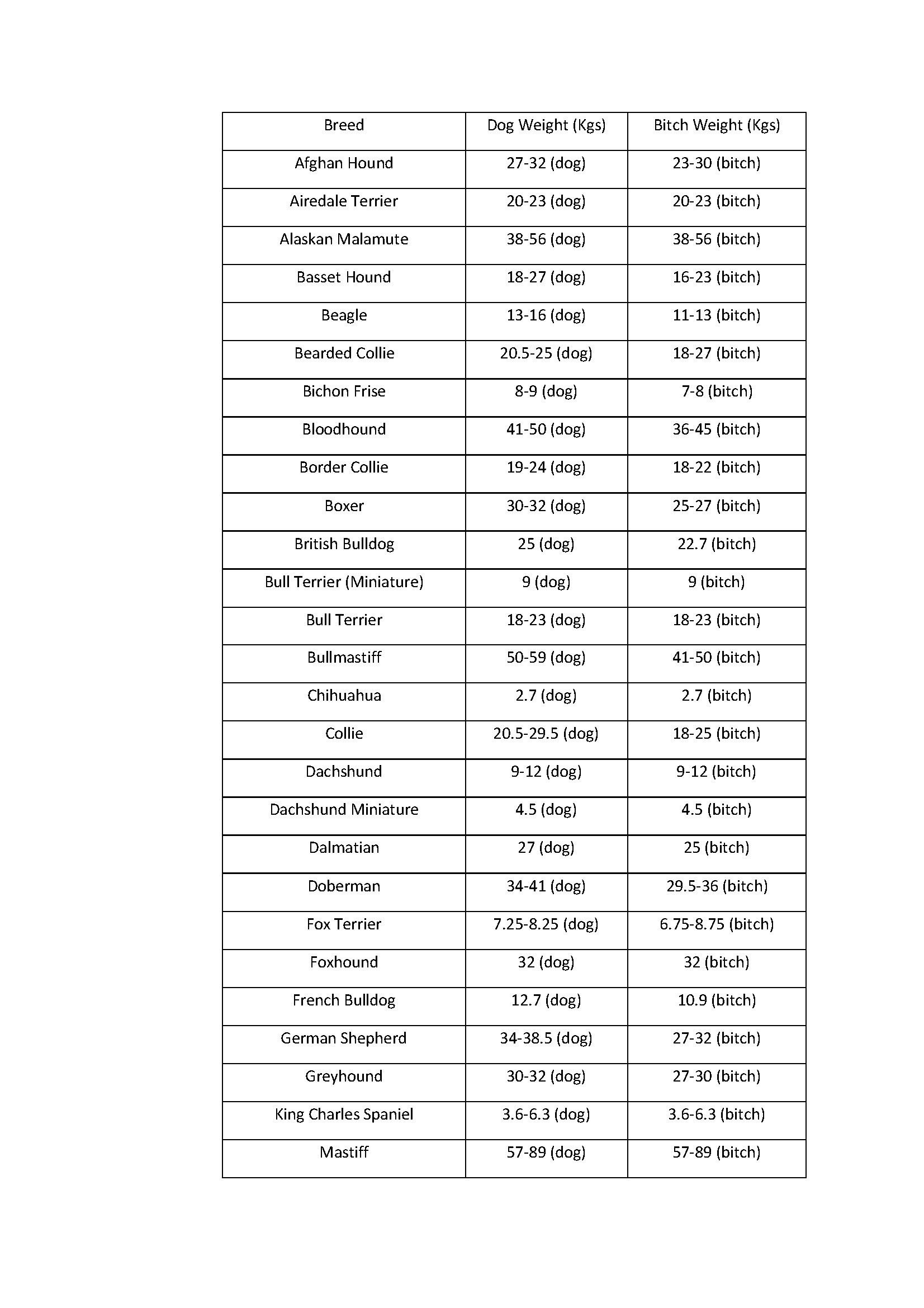What weight should my dog be?

Share
Do you know your dog’s ideal weight?
Are you worried about your dog being overweight or underweight?
Here’s our essential guide to making sure your pup is happy, healthy, and just the right weight…
Why is your dog’s weight important?
Keeping our dogs at their ideal weight is so important.
It helps them enjoy life, helps to protect their joints against wear and tear, and keeps their hearts healthy. It helps us keep our beloved pets with us for as long as possible.
Not only is it a good indicator of your dog’s overall health, but it’s also important for vets to know if something goes wrong, such as a dog eating chocolate and needing treatment. The smaller the dog, the more damage something like chocolate can do. If your dog needs any surgery, the vet will also need to know the do’s exact weight for anaesthetics.
How can I tell if my dog is overweight or underweight?
Take a look at your dog from the side and from above.
Can you see a rounded tummy on both sides of your dog when you look at him from above? That’s a classic indicator of being overweight. From the side, your do’s belly will hang lower if they’re overweight, too.
Can you see your dog’s ribs when viewed from the side? And above? Your dog is likely to be underweight. You’ll also be able to feel bones if your dog is underweight.
How do I find out my dog‘s ideal weight?
Vets have access to a chart of ideal weights per breed and age. Your vet will be able to tell you if your dog is underweight, overweight, or at just the right weight.
Below are some of the ideal weights in kilos for the most popular breeds (click the table for the full list):
What should I do?
Make sure your dog gets the right amount of exercise for his age and breed and eats the right foods in the right amounts.
Need to change your dog’s food? Take a look at Dewkes Dog Food



